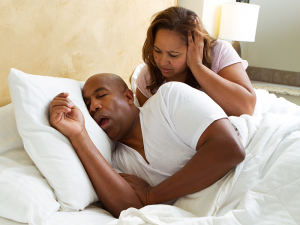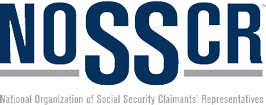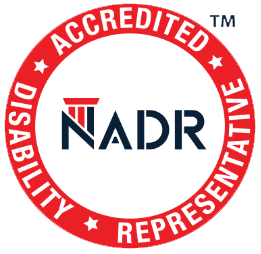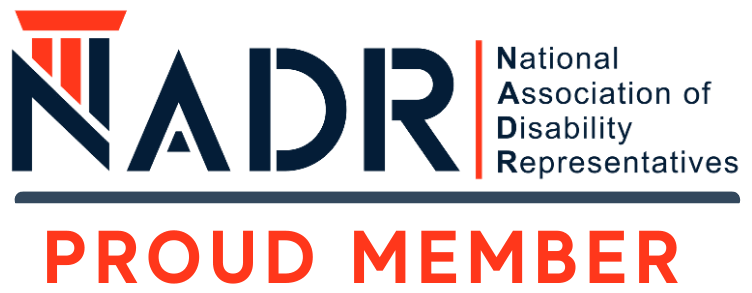Sleep Apnea and Disability Claims
Some estimates claim that 22 million Americans suffer from sleep apnea. And what’s more, up to 80 percent of the cases of moderate and severe obstructive sleep apnea (OSA) go undiagnosed. Further, when left untreated OSA can lead to high blood pressure, chronic heart failure, stroke, and other cardiovascular problems. Folks with type 2 diabetes and depression often experience OSA. It may also be a factor in many traffic accidents and accidents involving heavy machinery because of the persistent drowsiness individuals experience. But, what about sleep apnea and disability claims? Could you qualify for Social Security disability benefits?
Two Types of Sleep Apnea:
Obstructive Sleep Apnea
The most common type is obstructive sleep apnea (OSA). This occurs when the tissue in the back of the throat slackens and obstructs your airway. It is often associated with obesity and loud snoring.
Central Sleep Apnea
A much less common type of sleep apnea. Central sleep apnea (CSA) occurs when the brain stops sending the correct messages to the muscles that involve breathing. It may be related to heart failure and brain damage.
Complications of Sleep Apnea
Interestingly enough, many people are completely unaware of their sleep apnea. However, they may suffer from a severe case in which they are being regularly awakened throughout the night, and get very little sleep. This results in being very sleepy and tired throughout the day. They may also experience irritability, headaches, and even depression.
Sleep apnea is much more severe than loud snoring, though. During an episode, individuals stop breathing, causing hypoxemia, a lowering of oxygen levels in the blood. Hypoxemia can lead to high blood pressure in the veins that carry blood from the lungs to the heart. Eventually, this could cause an enlarged heart and heart failure.
Qualifying for SSI/SSDI Disability Claims with Sleep Apnea
Unfortunately, the Social Security Administration no longer has qualifications for disability benefits for sleep apnea alone. However, there are listings regarding breathing disorders, heart problems, and mental deficits that you may fall under as a result of your sleep apnea.
Other related issues that may coincide with sleep apnea include:
* Severe Cognitive Deficits
* Behavioral Issues
* Chronic Pulmonary Hypertension
Residual Functional Capacity
If you have sleep apnea but do not meet one of SSA’s disability listings, your residual functional capacity or RFC will be evaluated. The SSA may use this assessment to determine whether individuals are unable to perform past work duties, due to their condition.
For example, because of your sleep apnea, you suffer from extreme daytime drowsiness. Therefore, it is advisable that you not operate a vehicle or heavy machinery. Also, if you have a heart problem this may inhibit you from lifting anything more than 5lbs. Perhaps, you may have difficulties with concentration, memory, cooperation, or thinking. These are a few things that would be in an RFC review.
The SSA may also examine how your condition could affect your ability to perform other types of work.
We Can Help!
Do you think you suffer from complications resulting from your sleep apnea? Do you find it harder and harder to perform your job safely and effectively? Contact Disability Support Services. We may be able to help with your SSI/SSDI disability claims. Our team of SSI/SSDI experts can help you through the entire process. And, remember, we don’t get paid unless you do. DSS is here to help you receive the benefits you deserve.



